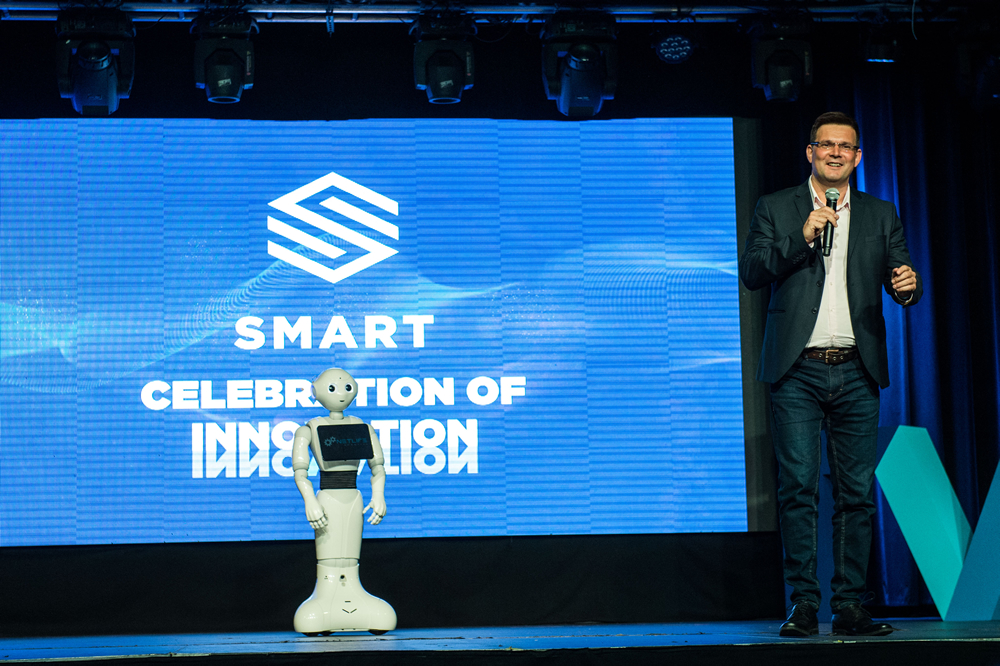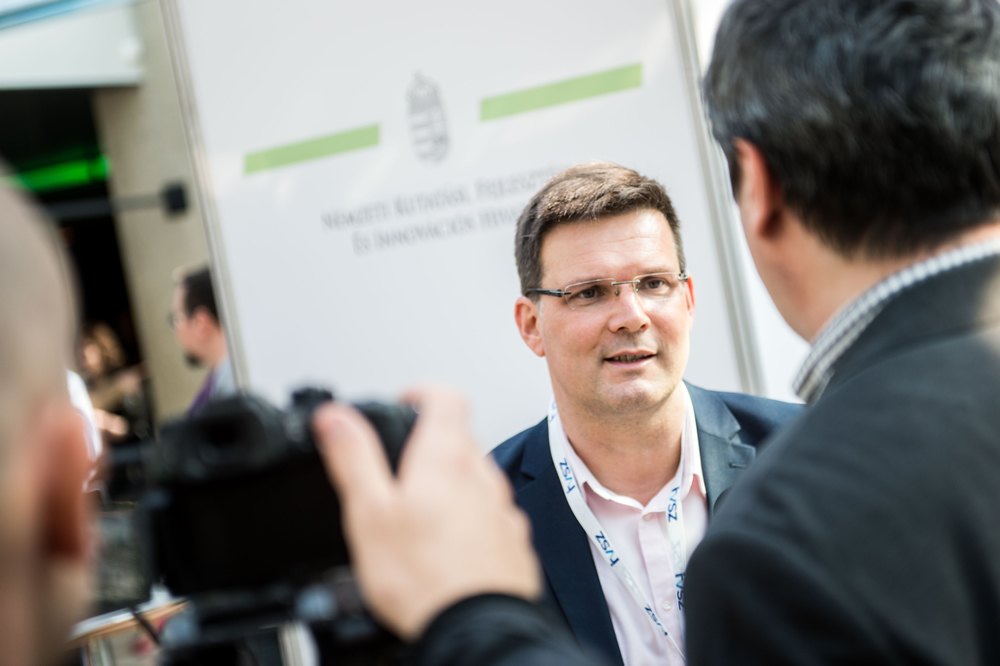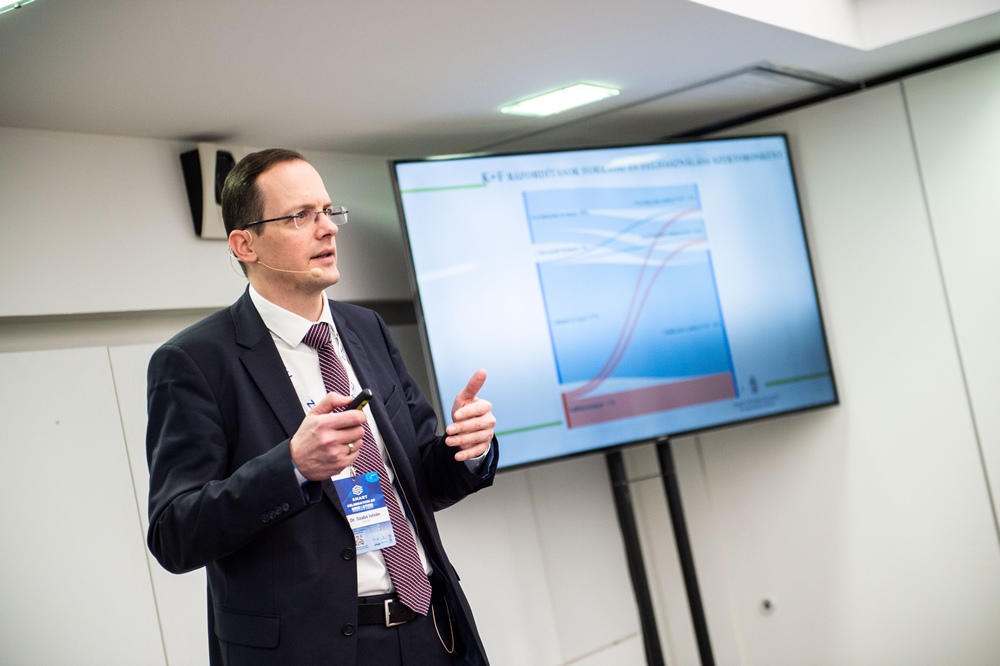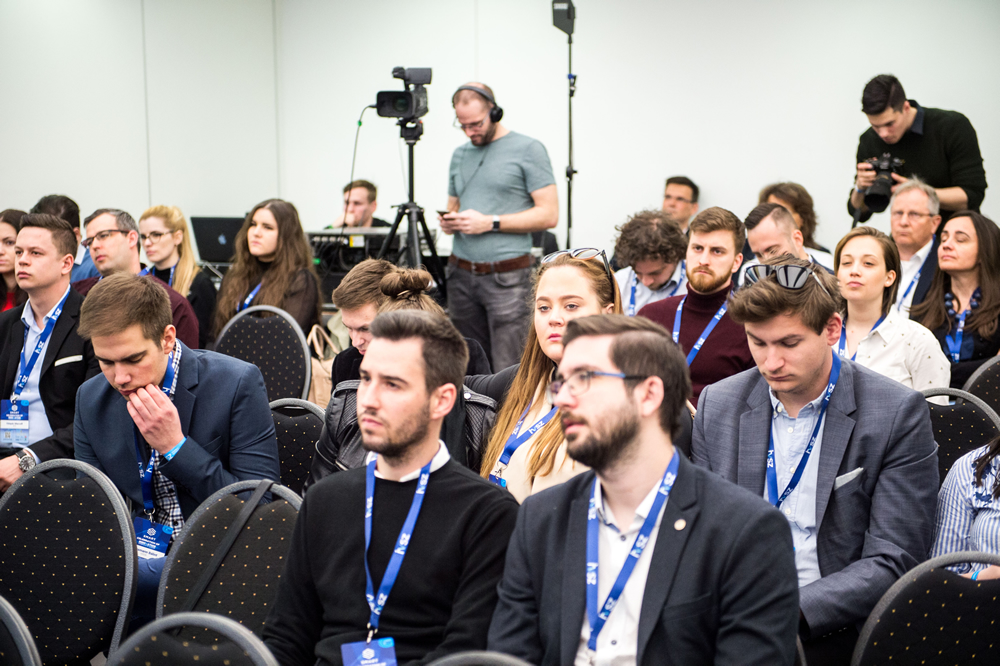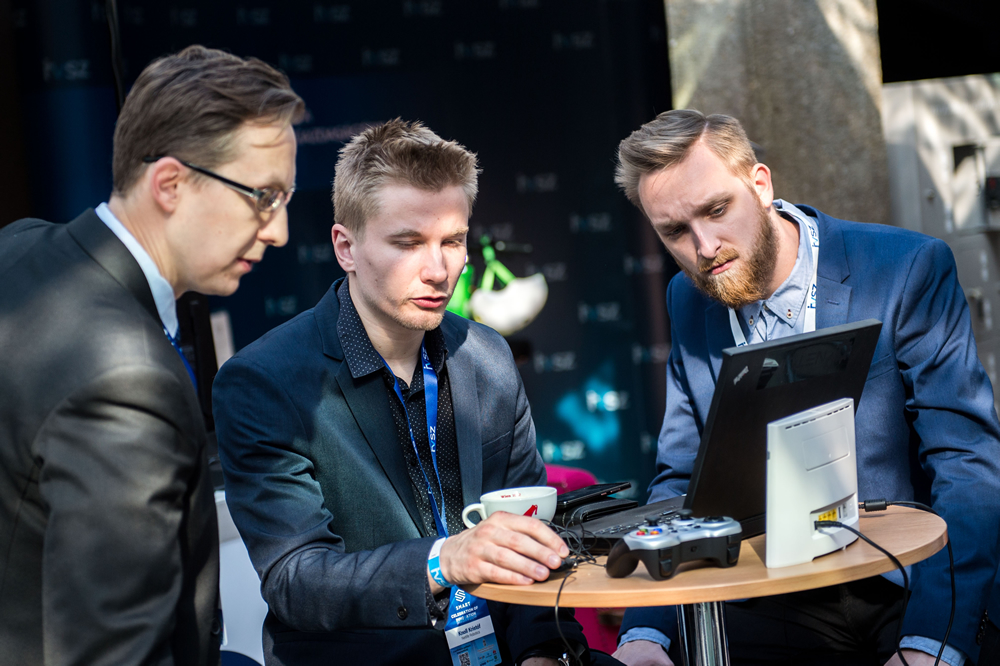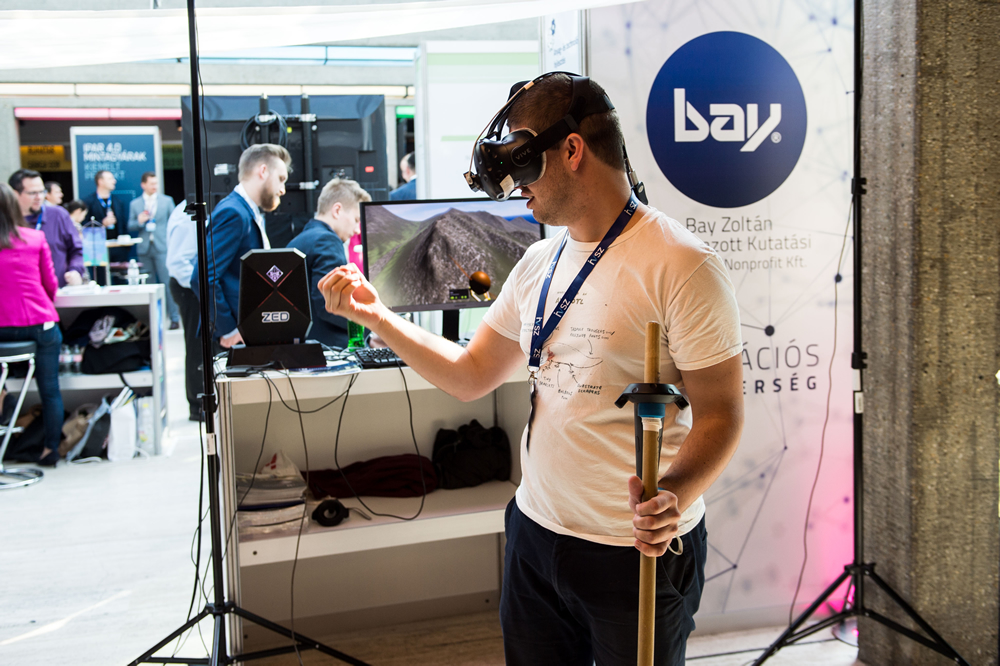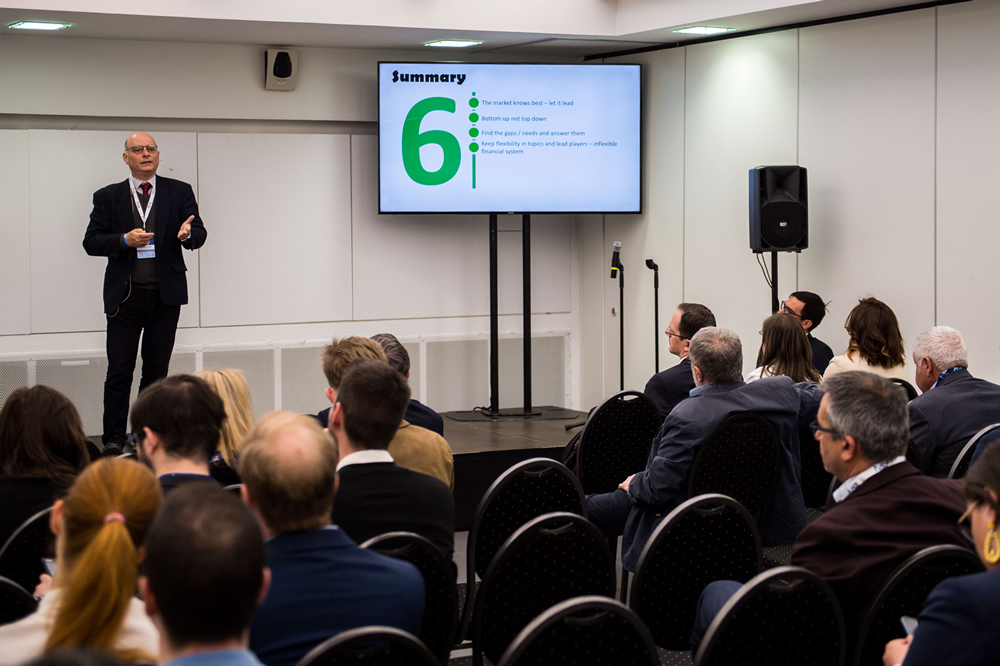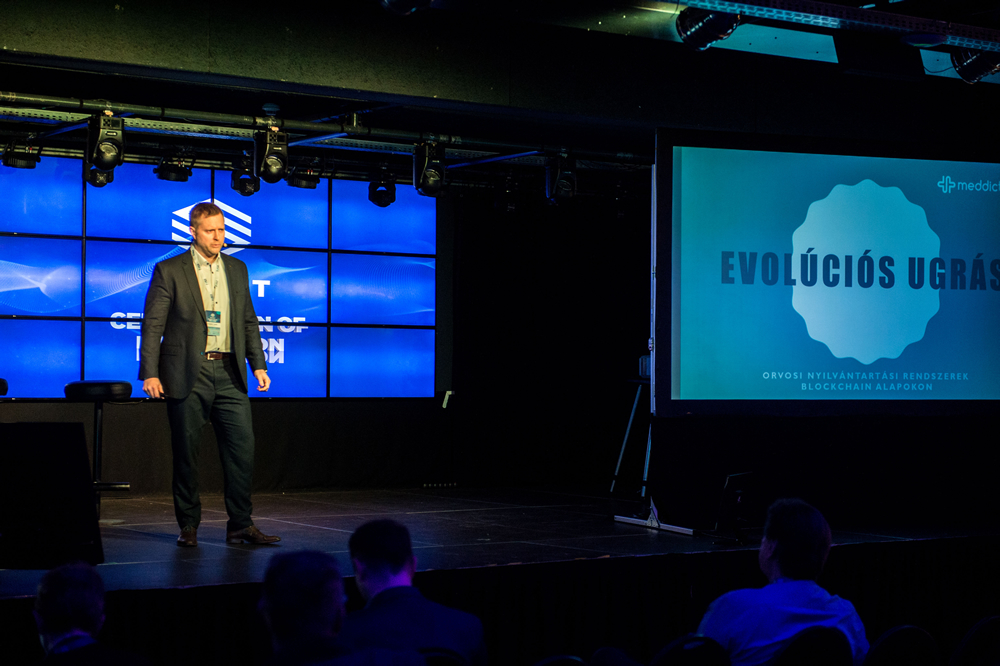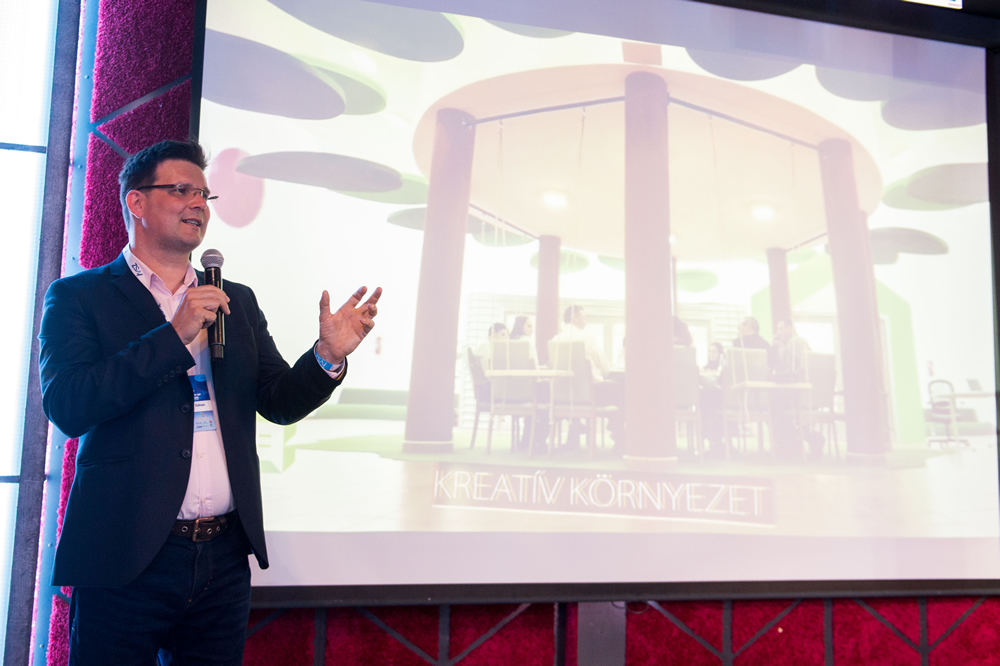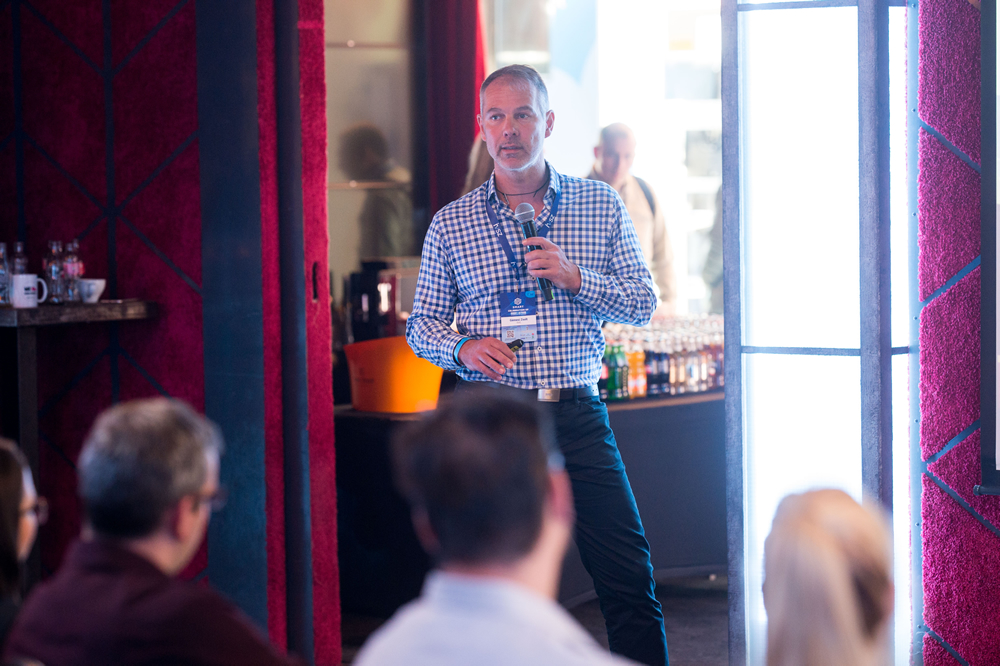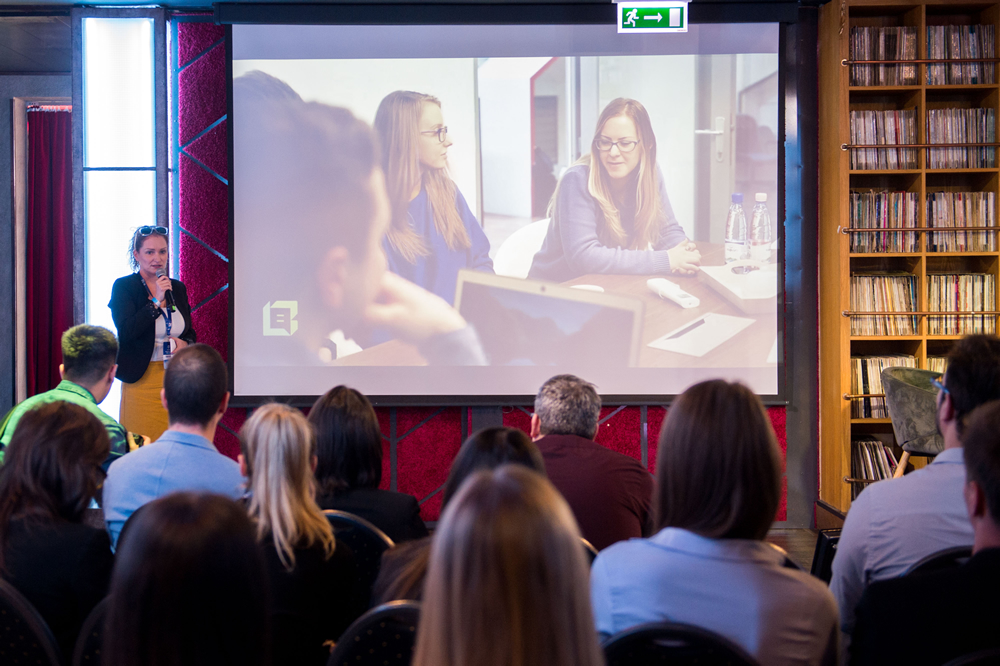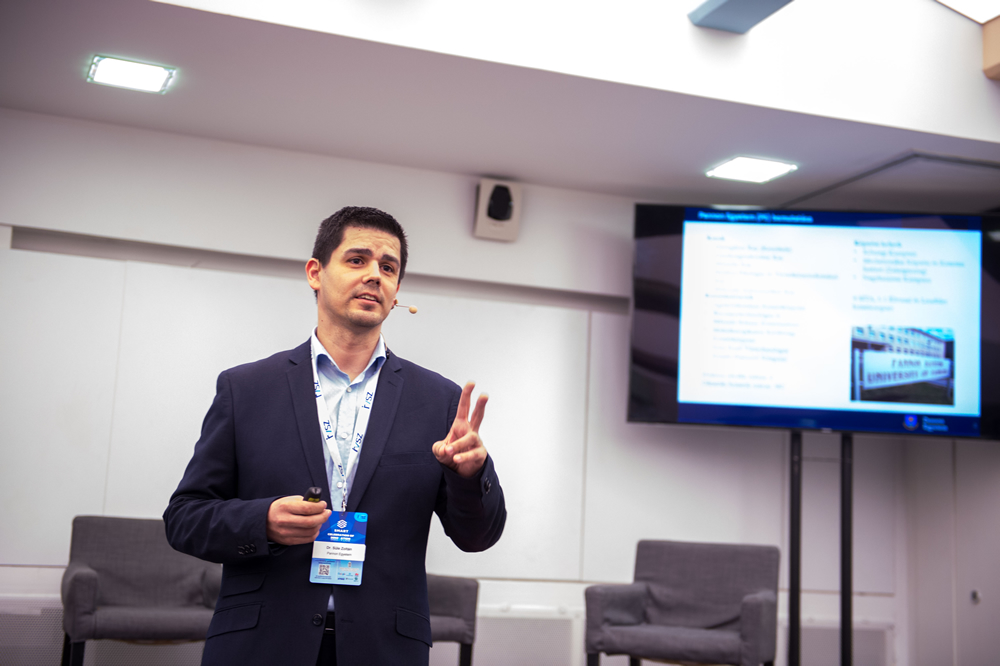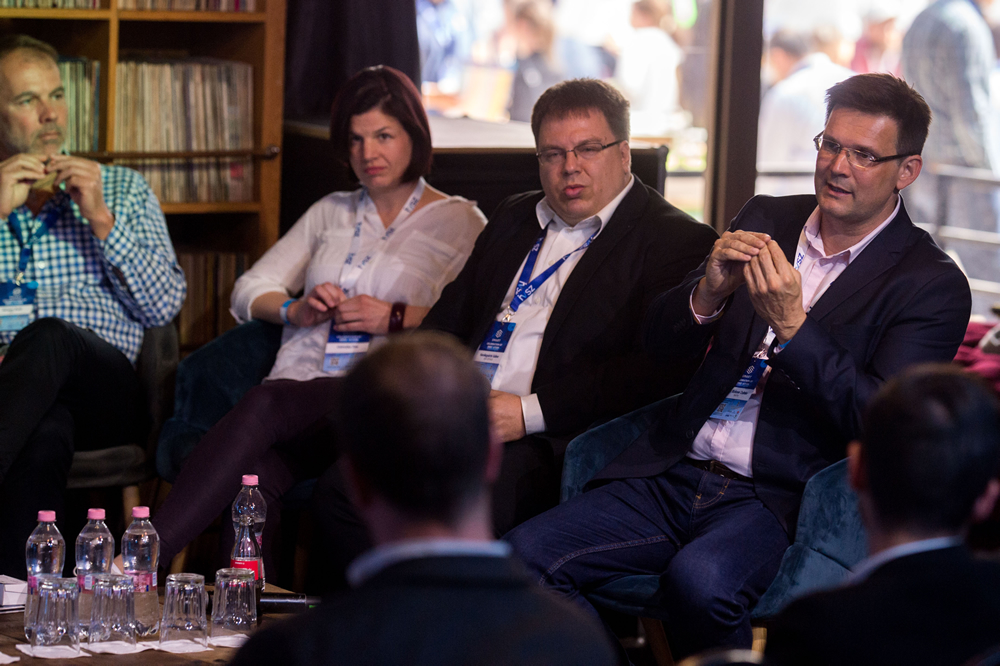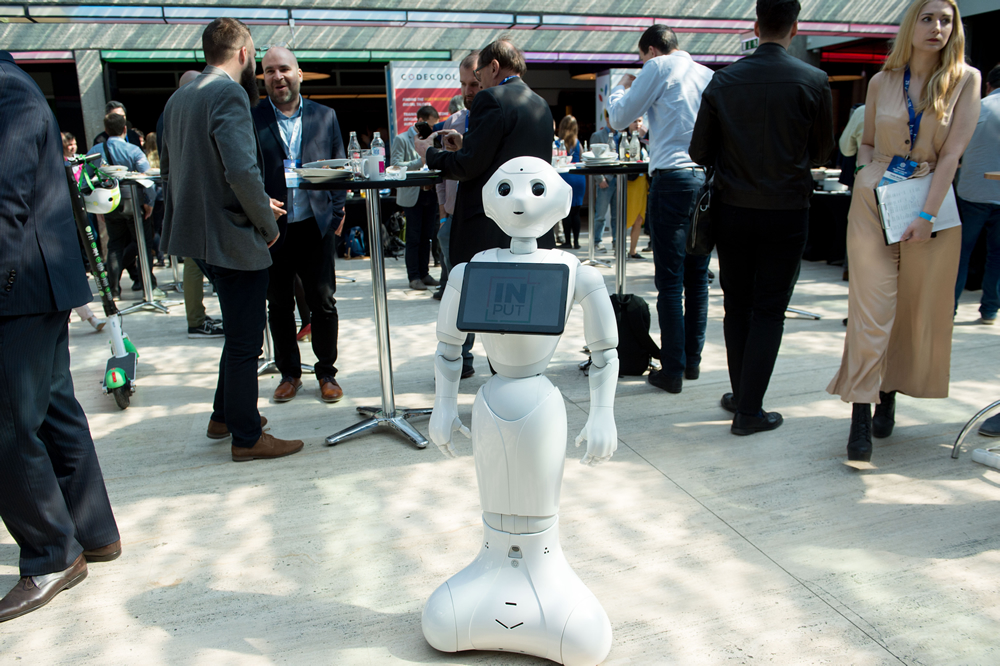Organised for the tenth time with more than one thousand participants, this year’s SMART conference took place in five halls with guest speakers focusing on innovation not only from a technological perspective. Topics included artificial intelligence, startups, industry 4.0, education, transport, and the impact of digitisation on individuals. The conference, which was originally an event for mobile developers, now deals with innovation in the widest sense, covering all topics affected by technological, organisational or social innovation to facilitate cooperation between stakeholders.
“The renewal of the domestic innovation life is of common interest, whether for small and medium enterprises, large companies, startups, universities or public institutions. The NRDI Office’s goal is to reinterpret the role of innovation, stimulate community-building in the ecosystem, disseminate innovative approaches and integrate them in everyday business thinking – because innovation is for everyone,” Dr Zoltán Birkner pointed out in his keynote, underlining the ability to change and the importance of re-planning. The renewed innovation system encourages stakeholders to further develop prototypes and create products and services that actually work. He also highlighted that, on the NRDI Office’s initiative, the SMART conference gave home for the first time to a public community exhibition where both the Input programme and Bay Zoltán Research Centre have been invited. On behalf of the NRDI Office, Vice-President Dr István Szabó analysed the role of universities in the national innovation ecosystem.
The startup environment is developing dynamically in Hungary, so the organisers – following the traditions of the conference – dedicated a separate room to the most important questions of the startup world. In the first half of the day, the speakers discussed the various aspects of startup development, giving the audience an insight into methods used daily by already successful tech companies. Subsequent topics included the startup ecosystem, its development, regional and international position, local characteristics and take-off points, financing, corporate collaboration, assertiveness and self-organisation. The programmes, funding opportunities and communities available to startups aim to promote the development and growth of innovative Hungarian companies. Prominent representatives of the sector – entrepreneurs, community builders, programme leaders – discussed together the domestic funding environment and ecosystem from a regional perspective in a panel session. In the Startup Session starting at noon, Dr Zoltán Birkner, President of the NRDI Office also delivered an inspiring presentation. The subsequent roundtable discussion was moderated by Krisztián Kölkedi, presidential adviser and startup expert of the NRDI Office, who announced at the event that the NRDI Office launched a startup programme to guide university and PhD students from basic research to market innovation by providing them with fundamental information and professional knowledge.







